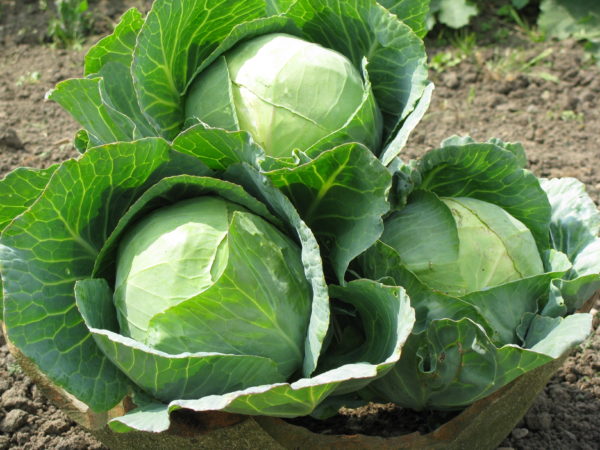Chances are, you’ve heard plenty of buzz about GMO’s or GE
foods, but do you really know what they are? This post will give you a quick
and easy explanation of GMO’s, as well as their risks and benefits.
First, GMO stands for “genetically modified organism,” while
GE stands for “genetically engineered.” These foods and organisms are created
“when the DNA of different species is fused to form a type of plant or food
that does not exist in nature or is not created by traditional cross-breeding.”[1]
 As you can probably tell from that definition alone, this
usually occurs in a lab; the creation of GMO’s is not at all a natural process.
In past years, farmers may have used traditional breeding to mate one animal
with a different animal of the same species to create a new variety of the
animal, or do the same thing with a plant by hybridizing different seeds. But
they wouldn’t have done anything close to
what scientists are doing today; now, impossible traits that would never occur
in nature are being spliced together, such as fish genes being put into
tomatoes, mouse DNA being put into pig embryos, and the gene that triggers
poison in scorpion tails being added to cabbages to prevent caterpillars from
causing damage.
As you can probably tell from that definition alone, this
usually occurs in a lab; the creation of GMO’s is not at all a natural process.
In past years, farmers may have used traditional breeding to mate one animal
with a different animal of the same species to create a new variety of the
animal, or do the same thing with a plant by hybridizing different seeds. But
they wouldn’t have done anything close to
what scientists are doing today; now, impossible traits that would never occur
in nature are being spliced together, such as fish genes being put into
tomatoes, mouse DNA being put into pig embryos, and the gene that triggers
poison in scorpion tails being added to cabbages to prevent caterpillars from
causing damage.
If you’re wondering what the benefits are, you’ll be
disappointed to learn that they are solely economic. These GMO’s are created to
“either tolerate direct application of herbicides and/or have the ability to
produce their own pesticides.”[2]
They’ve been made harder to kill but still don’t yield any more, are no more
tolerant of drought, nor do they provide any other health or nutrition benefits
to consumers.
Not only are GMO’s unnatural, but they also pose serious
environmental concerns. Since they are essentially created to withstand large
amounts of poison, they can easily contaminate other nearby crops and can even pollute
nearby streams, causing issues with aquatic life. Insects that actually help
crops may also be harmed, and more herbicide-resistant weeds (“super weeds”)
are evolving as a result of genetic engineering.
There are no requirements in the U.S. for GMO’s to be
labeled as such, and up to 80% of processed foods today may contain them—isn’t
that a scary thought? In many nations all across the world, significant
restrictions and even bans have been placed on GMO’s because they haven’t been
proven to be safe. “In Europe,” for example, “over 175 regions and over 4500
municipalities have declared themselves GM-free zones. And in 2009, Germany
along with France, Hungary, Italy, Greece, Austria, Poland and Romanio banned
Monsanto’s MON 810 GM corn because of its documented dangers to biodiversity
and human health.”[3] Shouldn’t we
follow their example?
If you’d like to learn more on this topic, check out the
videos at the links below:
http://www.drfranklipman.com/video-on-gmo-foods/
https://www.youtube.com/watch?v=F7Id9caYw-Y
And be sure to check back in two weeks for my next blog post
on what Pope Francis has to say about GMOs.


